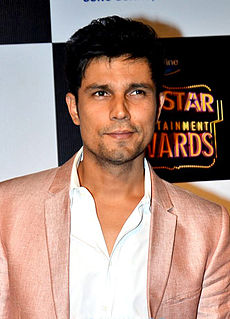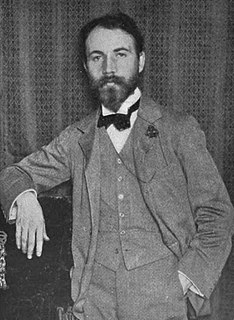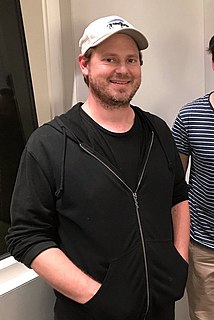A Quote by Tariq Ramadan
What we also need to have a discussion on the philosophy of art: so we must ask what is it that we want in the first place? Is it just about saying and doing whatever you want, or is it about something more? We should let the artist be free, but we must also question how exactly he deals with freedom. Is it arts for elevation or arts for destruction? Is there dignity in the process?
Related Quotes
I knew that I wanted to be an actor; how to go about it was the question. I went to Australia for my studies; from there I told my dad that I also want to do a course in performing arts, but my father refused. So I completed my studies and came back. But I kept poking him, saying that acting is something that I want to do.
There must be no barriers to freedom of inquiry... There is no place for dogma in science. The scientist is free, and must be free to ask any question, to doubt any assertion, to seek for any evidence, to correct any errors. Our political life is also predicated on openness. We know that the only way to avoid error is to detect it and that the only way to detect it is to be free to inquire. And we know that as long as men are free to ask what they must, free to say what they think, free to think what they will, freedom can never be lost, and science can never regress.
We live in this society where you must constantly be reinventing yourself. The big question is what are you doing next. The only thing they want is composed of these three elements: They want you to do it the exact same way because they want more of it; but they want it to be totally different; and they want it to be better. That's all you have to do. You just have to do something that's exactly the same, totally different, and better.
The main difference between the art of the actor and all other arts is that every other [non-performing] artist may create whenever he is in the mood of inspiration. But the artist of the stage must be the master of his own inspiration, and must know how to call it forth at the hour announced on the posters of the theatre. This is the chief secret of our art.
Art, in the widest sense of the word, is the instrument Hellenism has used and would use for that purpose. All the arts, poetry, music, ritual, the visual arts, the theatre, must work singly and together to create the most comprehensive art of all, a humanized society, and its masterpiece, the free man.
I want people to think about movies and how we watch them. Let them know it's okay to question the structure or how we're sometimes duped into a false sense of normalcy. Most of all, I want people to question the old standard practices of, 'This is how the structure of something should work,' or, 'This is how a character must behave.'




































